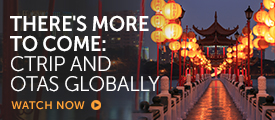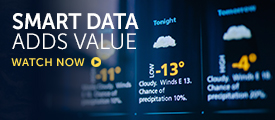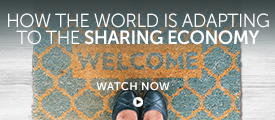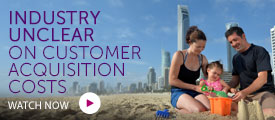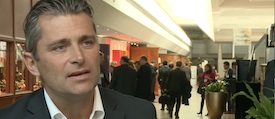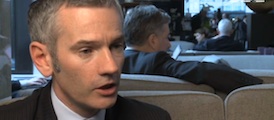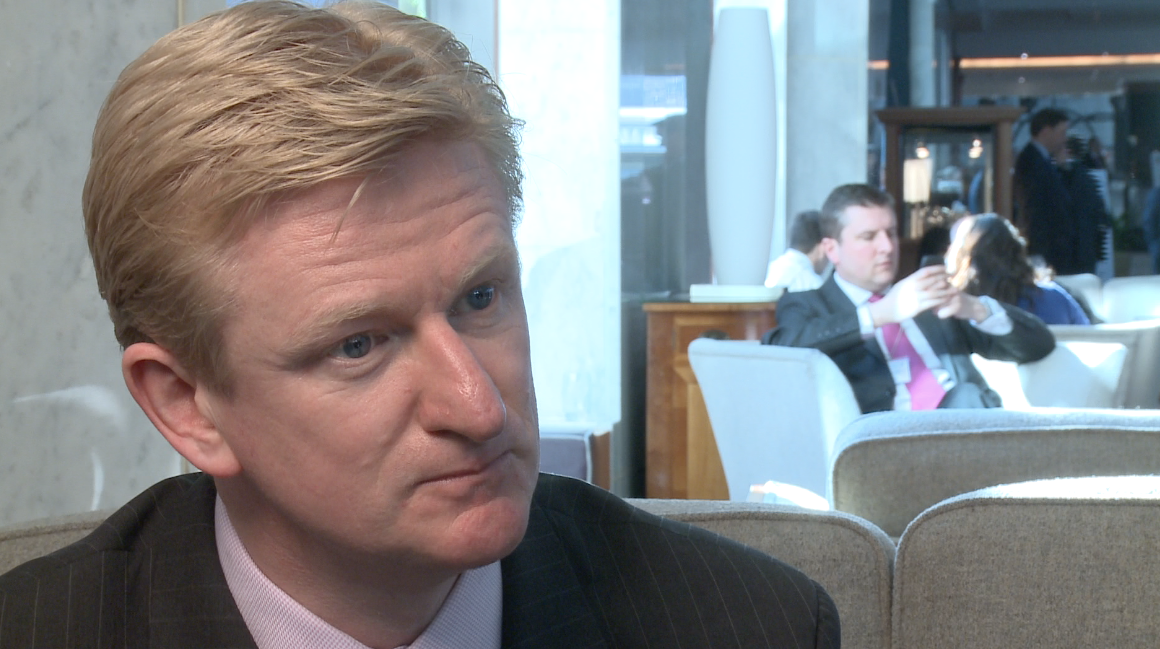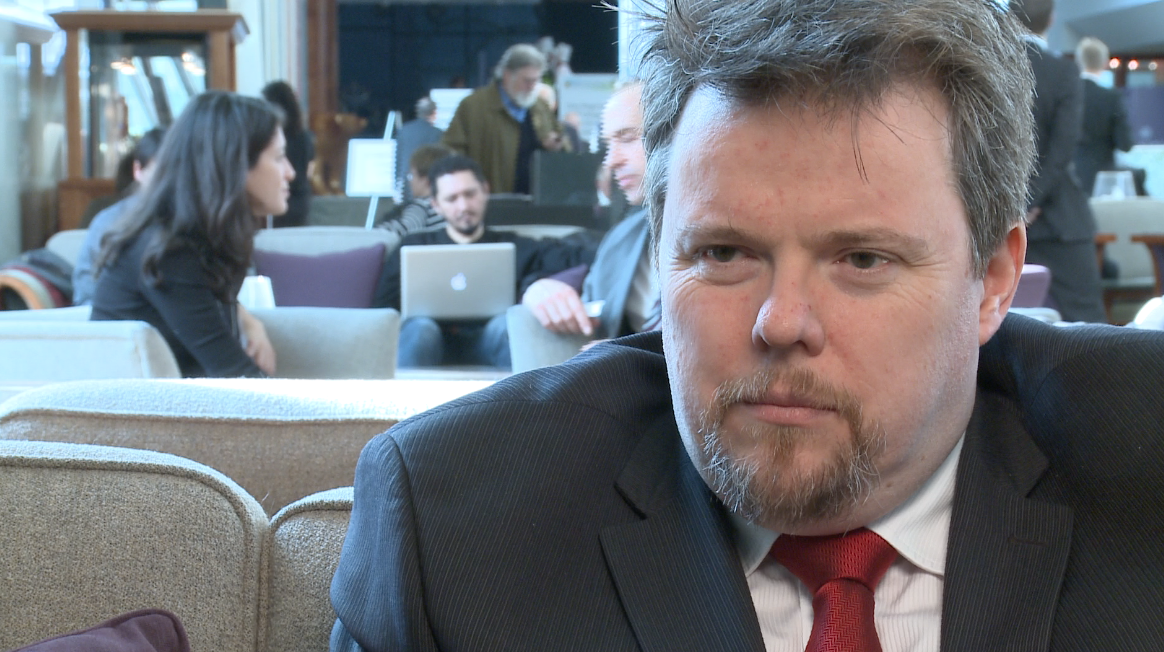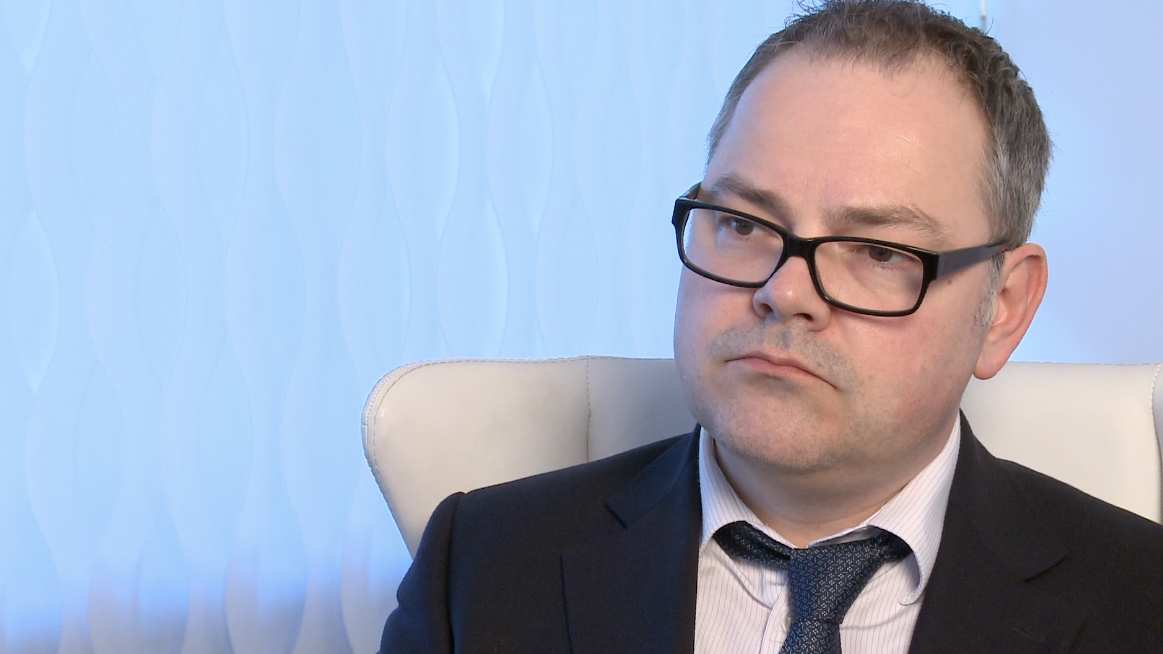In January Ctrip invested US$180m in MakeMyTrip Limited, India’s largest online travel company and also entered the UK market by buying a majority stake in Travelfusion, a UK-based meta-search website.
The words OTA and disruption have almost become synonymous in the hospitality industry. Ctrip is a major OTA in China and is now making an impact across the globe. Ctrip’s pricing methods are also relevant to rate parity discussions across the industry.
In these videos experts discuss Ctrip and the OTAs’ disruptive potential across the globe.
Constant deals and consolidation in the OTA market means that the powerful are getting more powerful, and as discussed above rate parity is not yet an issue the industry has put to bed.
Ctrip was launched in 1999. It’s net revenue for 2015 was US$1.7 bn. Accommodation reservation revenues increased 44% year-on-year, reaching US$713 m, and transportation ticketing revenues increased 51% year-on-year, reaching US$688m.
Ctrip’s agreement with MakemyTrip means that it “may beneficially own up to 26.6% of MakeMyTrip’s outstanding shares. Upon completion of the investment, Ctrip will acquire the right to appoint a director to the MakeMyTrip board of directors.”
Ctrip claim that its relationship with Travel fusion will “enhance the efficiency and effectiveness of [Ctrip’s] IT system by leveraging Travelfusion’s advanced technology” as well as “further extending [Ctrip’s] leadership in China’s international travel market”
Last Year Ctrip also acquired a stake costing $400m in eLong, its rival OTA in China.
If you’ve been sent to this page and you’re not yet on the circulation list to receive these regular briefings and you would like to sign up, you can do see here. It’s free.
Video clips produced by ybc.tv for the Hospitality Channel, including interview from industry conferences such as the IHIF conference as well as specific Hospitality Channel shoots.
